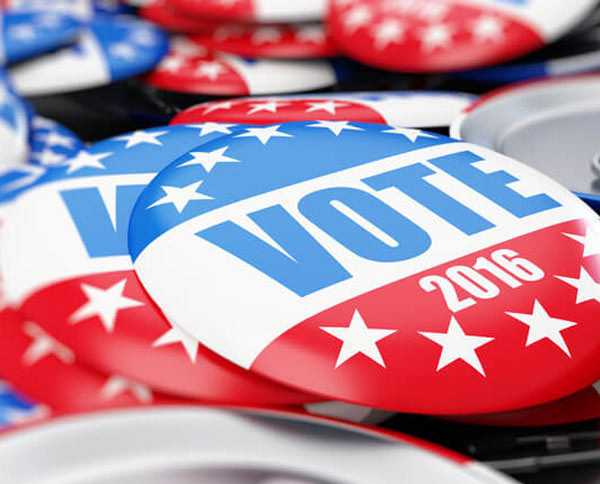This is a pivotal time in marijuana legislation with several states making medical marijuana usage legal and Colorado and Washington legalizing everyday use. But where do things stand in Florida? What’s on the ballot right now and what can Floridians expect in the future?
Amendment 2, Florida Right to Medical Marijuana Initiative: What Does it Mean for the Sunshine State?
What Is Medical Marijuana?
Before we get into the details behind Amendment 2 (on the 2016 ballot) it’s important to explain the difference between medical marijuana and everyday marijuana.
Low THC means no, or minimal, “high” from it and the CBD is thought to decrease seizures. This type of marijuana is not smoked. It is distilled into an oil, which is taken under the tongue. Usage is currently allowed by those with a year or less to live when purchased from a cannabis dispensary.
What’s on the Florida 2016 Ballot?
If Amendment 2 passes it would allow medical use of marijuana for individuals with “debilitating” medical conditions as determined by a licensed Florida physician. It would also allow caregivers to assist patients to use medical marijuana. Regulation of the production, distribution, and sale of medical marijuana would be overseen by the Department of Health. Under the new amendment patients approved to use medical marijuana and their caregivers would receive identification cards.
This medical marijuana provision would apply to Florida law only. It would not protect users from violations of federal law. Nor would it protect anyone from non-medical use, possession or production of marijuana.
The arguments in favor of this initiative point out marijuana’s anti-nausea and anti-seizure effects, and its ability to increase the appetite, which is important for patients who have lost the desire to eat. Current prescription drugs often have more serious side effects than marijuana, also cocaine, morphine, and methamphetamine have been administered to patients in extreme pain during end of life situations and they are far more habit forming than marijuana.
What is the Florida Cannabis Act (2016)?
Unlike Amendment 2, the Florida Cannabis Act (#15-19) failed to make the ballot as a proposed constitutional amendment in 2016. Had it been accepted as an amendment the Florida voters would be deciding on making it legal to possess up to one ounce of marijuana by residents who are at least 21 years old. Florida residents would have also been allowed to cultivate up to six plants per household with three or fewer mature or flowering plants. Plants would’ve needed to be grown in “an enclosed, locked space.” Growers wouldn’t have been allowed to sell the plants they grew.
Under the suggested amendment, marijuana would have been classified like alcohol—illegal for residents under 21, proof of age would be required before purchasing marijuana, and it would be illegal for anyone to drive while impaired or under the influence of it. The proposed amendment also outlined regulations for growing it, retail sales, and manufacturing marijuana products.
Sensible Florida maintained that underage use could be prohibited, consequences would still be in place for reckless use of machinery, job growth would occur, and law enforcement could worry about larger concerns. It also cited how Colorado saw a big increase in tourism after it legalized marijuana use.
The Florida Cannabis Act didn’t make it to the ballot because the organization behind it — Regulate Florida — was unable to secure the minimum of 683,149 signatures to qualify for the November 2016 ballot.
What Do These Measures Mean for Florida?
We won’t know until after the November election but one thing is certain, marijuana is still a ways away from being legalized in the Sunshine State. For now, the Florida marijuana decriminalization laws (for the general public) are not on the ballot, but Tampa is changing how it processes marijuana possession.
Marijuana arrests will continue in Florida (with the exception of Tampa) even if Amendment 2 passes. Drug possession will continue to be illegal except for those who are suffering from debilitating medical conditions and are registered with the state.
If you’ve been arrested for marijuana possession in Florida, contact an attorney who understands. You have a right to fair representation. Contact Dean Tsourakis today. The initial consultation is free.
on Oct 21, 2016

